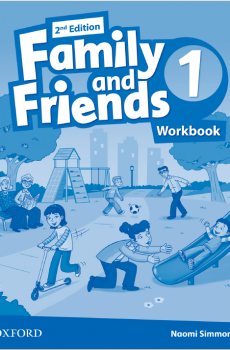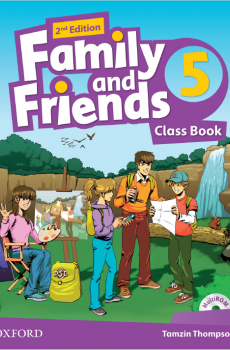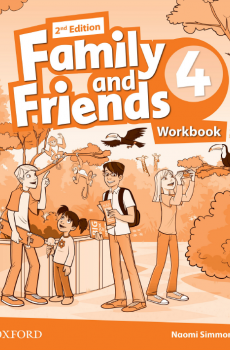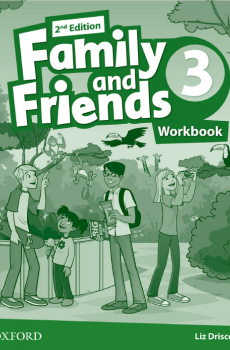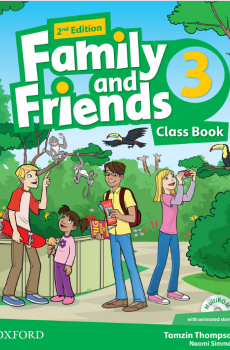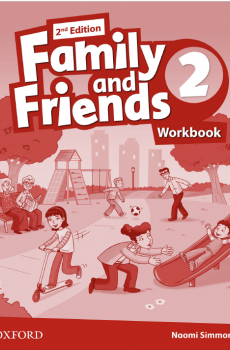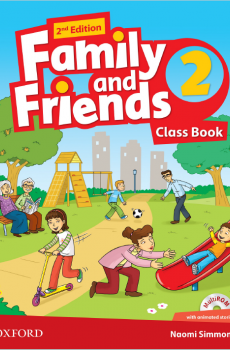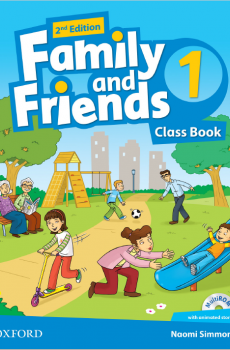Advanced Grammar In Use (MS 361)
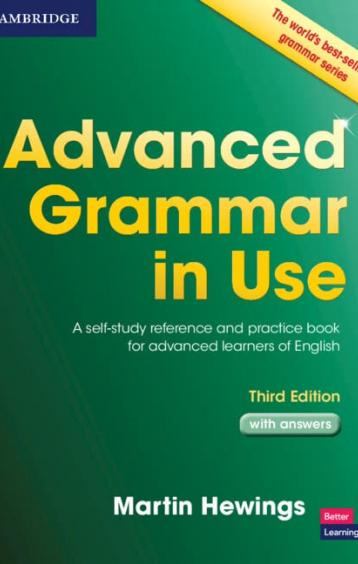
Advanced Grammar In Use (MS 361)
Đăng nhập để đọc sách và tải về file pdf miễn phí
| Nhà xuất bản | NXB Trẻ |
|---|---|
| Nhà xuất bản sách tiếp cận | Trung Tâm Vì Người Mù Sao Mai |
| Năm xuất bản | 2007 |
| Coppy right | NXB Trẻ |
Tenses
1. Present simple (I do) and present continuous (I am doing) (1)
2. Present simple (I do) and present continuous (I am doing) (2)
3. Present perfect (I have done) and past simple (I did) (1)
4. Present perfect (I have done) and past simple (I did) (2)
5. Present perfect (I have done) and past simple (I did) (3): adverbs used with these tenses
6. Past continuous (I was doing) and past simple (I did)
7. Present perfect continuous (I have been doing),
8. Present perfect continuous (I have been doing) and present perfect (I have done)
9. Past perfect (I had done) and past simple (I did)
10 Past perfect continuous (I had been doing) and past perfect (I had done)
The future
11. Will and going to; shall
12. Present continuous (I am doing) for the future and going to
13. Present simple (I do) for the future
14. Future continuous (will be doing)
15. Be to + infinitive (I am to do), future perfect (I will have done), and future perfect continuous (I will have been doing)
16. The future seen from the past (was going to, etc.)
Modals
17. Should and ought to
18. Will and would: willingness, likelihood and certainty
19. Will and would: habits; used to
20. May, might, can and could: possibility (1)
21. May, might, can and could: possibility (2)
22. Can, could, and be able to: ability
23. Must and have (got) to
24. Need(n’t), don’t have to and mustn’t
25. Permission, offers, etc.
Be, have, do, make, etc.
26. Linking verbs: be, appear, seem; become, get, etc.
27. Have and have got; have and take
28. Do and make
Passives
29. Forming passive sentences
30. Using passives
31. Verb + -ing or to-infinitive: passive forms
32. Reporting with passive verbs
Questions
33. Forming questions; reporting questions.
34. Asking and answering negative questions
35. Wh-questions with how, what, which and who
Verbs: infinitives, -ing forms, etc.
36. Verbs with and without objects
37. Verb + to-infinitive or bare infinitive
38. Verb + to-infinitive or -ing?
39. Verb + -ing
40. Verb + wh-clause
41. Have/get something done; want something done, etc.
42. Verb + two objects
Reporting
43. Reporting people’s words and thoughts
44. Reporting statements (1): that-clauses
45. Reporting statements (2): verb tense in that-clauses
46. Reporting statements (3): verb tense in the reporting clause; say and tell; etc.
47. Reporting offers, suggestions, orders, intentions, etc.
48. Should in that-clauses
49. Modal verbs in reporting
Nouns and compounds
50. Countable and uncountable nouns
51. Agreement between subject and verb (1)
52. Agreement between subject and verb (2)
53. The possessive form of nouns (Jane’s mother)
54. Compound nouns (1)
55. Compound nouns (2)
Articles
56. A/an and one
57. The and a/an (1):‘the only one’
58. The and a/an (2): ‘things already known’, etc.
59. Some and zero article with plural and uncountable nouns
60. The, zero article and a/an: ‘things in general’
61. People and places
62. Holidays, times of the day, meals, etc.
Determiners and quantifiers
63. Some and any; something, somebody, etc.
64. Much (of), many (of), a lot of, lots (of), etc.
65. All (of), the whole (of), both (of)
66. Each (of), every, and all
67. No, none (of), and not any
68. Few, a few (of), little, a little (of), etc.
69. Quantifiers with and without ‘of’ (some/some of; any/any of; etc.)
Relative clauses and other types of clause
70. Relative clauses (1) (The girl who I was talking about.)
71. Relative clauses (2) (Tom, who is only six, can speak three languages.)
72. Relative clauses (3): other relative pronouns
73. Relative clauses (4): prepositions in relative clauf.es
74. Participle clauses (-ing, -ed and being + -ed)
75. Participle clauses with adverbial meaning
Pronouns, substitution and leaving out words
76. Reflexive pronouns: herself, himself, themselves, etc.
77. One and ones (There’s my car - the green one.)
78. So (I think so; so I hear)
79. Do so; such
80. Leaving out words after auxiliary verbs
81. Leaving out to-infinitives (She didn’t want to (go).)
Adjectives
82. Adjectives: position (1)
83. Gradable and ungradable adjectives; position (2)
84. Adjectives and adverbs
85. Participle adjectives (the losing ticket; the selected winners)
86. Prepositions after adjectives: afraid of/for, etc.
87. Adjectives + that-clause or to-infinitive
88. Comparison with adjectives (1): -er/more...; enough, sufficiently, too; etc.
89. Comparison with adjectives (2): as...as; so...as to; etc.
Adverbs and conjunctions
90. Position of adverbs
91. Adverbs of place, indefinite frequency, and time
92. Degree adverbs: very, too, extremely, quite, etc.
93. Comment adverbs; viewpoint adverbs; focus adverbs
94. Adverbial clauses C; time (1): verb tense; before and until; hardly, etc.
95. Adverbial clauses of time (2): as, when and while
96. Giving reasons: as, because, because of, etc.; for and with
97. Purposes and results: in order to, so as to, etc.
98. Contrasts: although and though; even though/if; in spite of and despite
99. Conditional sentences (1): verb tenses
100. Conditional sentences (2)
101. If...not and unless; if and whether, etc.
102. After waiting..., before leaving..., besides owning..., etc.
103. Connecting ideas between and within sentences
Prepositions
104. At, in and on: prepositions of place
105. Across, along, over and through; above, over, below and under
106. Between, among; by, beside, etc.
107. At, in and on: prepositions of time
108. During, for, in, over, and throughout; by and until
109. Except (for), besides, apart from and but for
110. About and on; by and with
111. Prepositions after verbs (1)
112. Prepositions after verbs (2)
113. Prepositions after verbs (3)
114. Two- and three-word verbs: word order
Organising information
115. There is, there was, etc.
116. It... (1)
117. It... (2)
118. Focusing: it-clauses and what-clauses
119. Inversion (1)
120. Inversion (2)
Appendix 1 Passive verb forms
Appendix 2 Quoting what people think or what they have said
Appendix 3 Irregular verbs
Appendix 4 Typical errors and corrections
Glossary
Additional exercises
Study guide
Key to exercises
Key to Additional exercises
Key to Study guide



